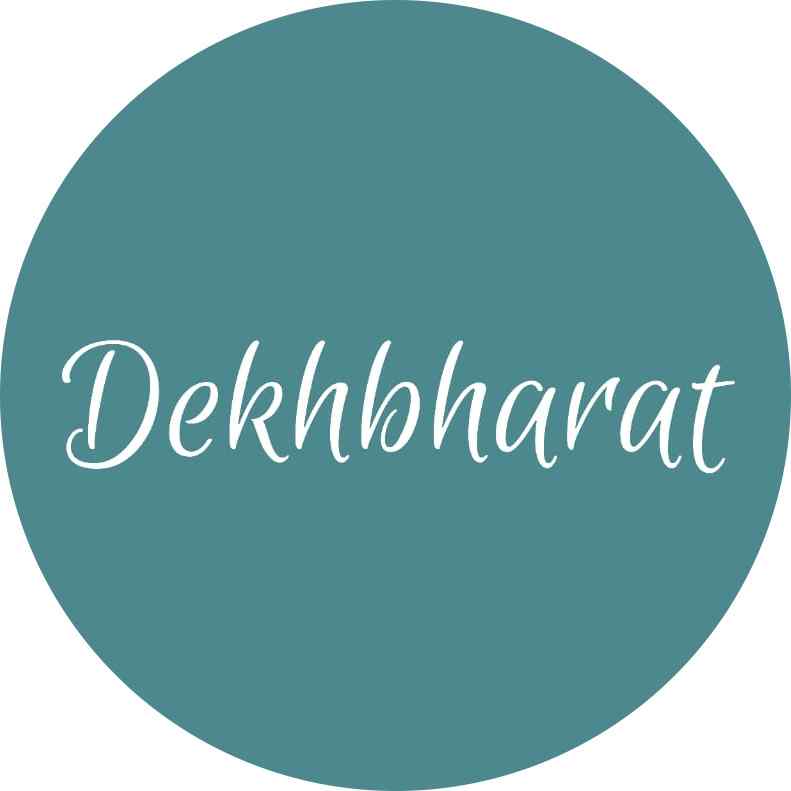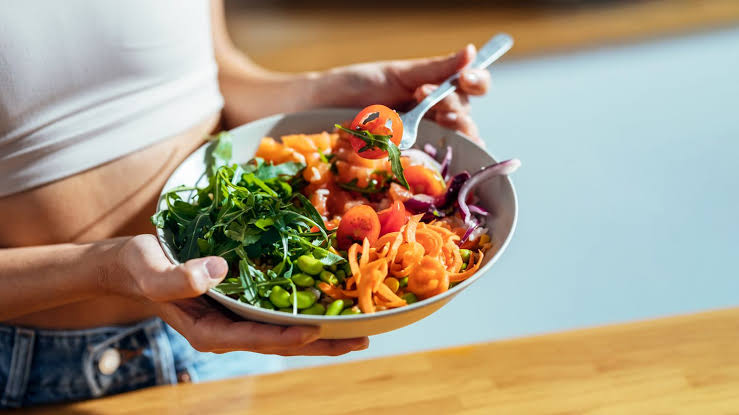Consuming too little protein
Protein needs are personal and based on factors like weight, height, and lifestyle (i.e., activity level).
Expert guidance suggests multiplying your body weight in pounds by anywhere from 0.55 to 0.72 to calculate the grams of protein you need daily, Pasquariello said. If you’re hoping to build muscle, or if you’re an older adult, something in the higher range of this scale is typically recommended. And if you are looking to lose substantial weight, you may want to go a bit lower than this range.
But you won’t want to go too low. “If you don’t get enough protein, your body can’t function properly nearly all reactions in our body require protein,” Pasquariello said. Pasquariello said common signs you’re not getting enough protein include:
- Snacking more throughout the day
- Constant cravings
- Weakness
- Lethargy
- Difficulties with mood and cognitive function
- Getting sick more frequently
- Brittle hair and nails
Maria Karalis, RDN, a registered dietitian nutritionist with Fay, said simple ways to add more protein to your diet include: Adding eggs, tuna, leftover meat, grated cheese, canned beans, or tofu to noodles, rice, salads, sandwiches, soups, casseroles, pasta, and other mixed dishes. Eat cottage cheese or Greek yogurt with fruit as a snack or dessert. Spread peanut or other nut butter on toast or use it as a dip for bananas or celery sticks.
Consuming too much protein
Pasquariello said that high protein diets are usually safe if they work for you, you enjoy them,
and you are still getting enough of other vital nutrients.
However, it’s possible to go overboard, and some people may be dissuaded from following a
high-protein diet, regardless of weight goals. While a 2023 study didn’t find that high protein diets specifically triggered kidney stones or other diseases, the authors did call for longer-term data.
Karalis said signs you’re consuming too much protein include:
- Constipation (due to lack of fiber)
- Dehydration
- Kidney strain, especially if you have kidney problems already
- Bad breath
- Weight gain
Consulting with your doctor or a registered dietitian can help you determine whether a high-protein diet is correct for you (and what a high-protein diet means for you). Karalis said you’ll also want to ensure you’re consuming a well-balanced diet, which includes the following:
- Fruits
- Whole grains
- Healthy fats
- Vegetables
Not spacing out protein intake
While adequate protein is essential, registered dietitians suggest playing small ball instead of hero and attempting to swing for the fences. In other words, eat protein with each meal and snack instead of trying to get your entire day’s worth at once.
Spreading protein intake across the day helps keep a constant flow of amino acids to your muscles, said Christopher Mohr, PhD, RDN, a registered dietitian and fitness and nutrition advisor for BarBend. It also helps with muscle repair and growth, controls hunger, and keeps our energy levels steady. Feeling satisfied and energized makes you less likely to consume excess calories.
Try to have about 20 to 30 grams of protein per meal, Mohr said. This is a good rule for most adults to keep you full and support muscle synthesis. The amount of protein needed may vary based on activity level, goals, and health conditions. Some of Mohr’s favorite on-the-go snacks include pistachios and seasoned tuna packets. Karalis loves edamame.
Ignoring plant proteins
Animal proteins are often the default, but Soares said that plant-based proteins like legumes
and tofu are rich in fiber, vitamins, and minerals.
Soares noted that a “variety of plant proteins in your diet can improve heart health, support
digestive function, and provide a more sustainable food source.” People can also go entirely plant-based and consume a vegan or vegetarian diet, but they should be mindful of their protein intake.
However, Soares noted that “while it’s entirely possible to meet protein needs on a plant-based diet, vegetarians and vegans should ensure they’re consuming a variety of protein sources to get all essential amino acids.” She added that it’s important to also monitor vitamin B12 and iron intake, as these nutrients can be more challenging to obtain from plant foods alone.
Eating the same protein every day
Loving a protein so much that you eat it daily isn’t necessarily bad. But if chicken breast is the
bee’s knees for you, consider having them once and varying the rest of your menu.
Protein sources contain amino acids, the building blocks of life, which make up the protein,
Cohn said. Every single amino acid works differently in our body. Some are essential to get
from the diet because our bodies cannot produce them, and others are non-essential because
our bodies can reconfigure other amino acids to make them.
Experiment and play in the kitchen to find new favorites, like putting kidney beans in chili or
adding fatty, omega-3-rich fish like salmon to a salad.
You Like to Read: 5 Essential Forces for Optimal Health & Wellness


Hello, Neat post. There’s a problem together with your web site in internet explorer, could check this?K IE still is the marketplace chief and a big element of other people will pass over your magnificent writing due to this problem.